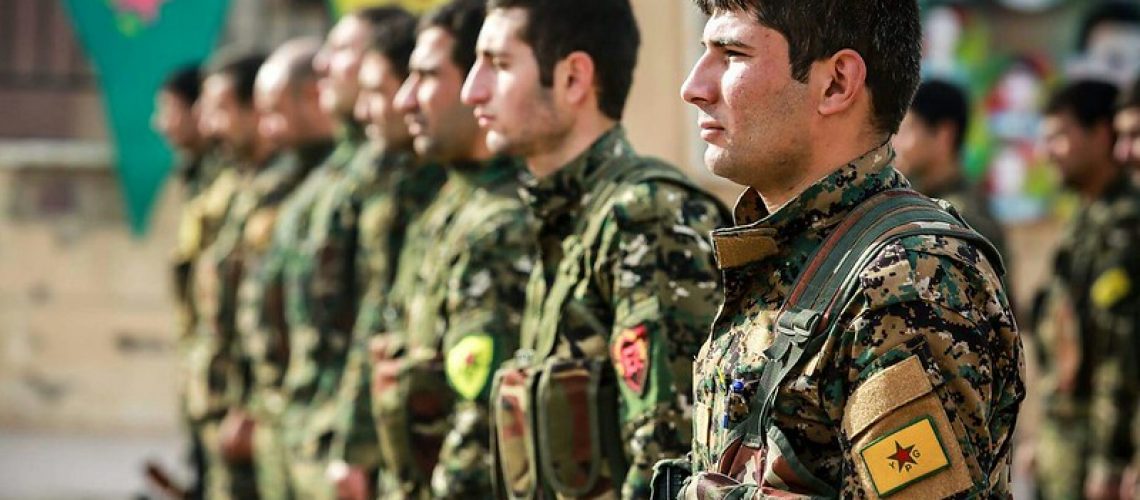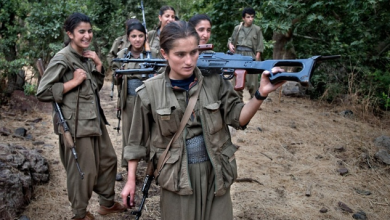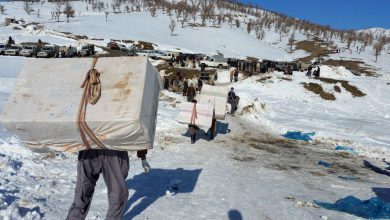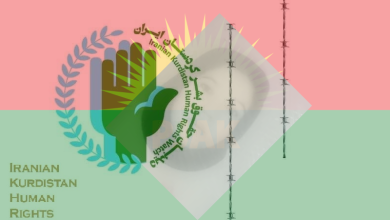Following the ongoing talks with the families of the victims of the PKK / PJAK crimes, Iran Human Rights Watch has arranged a conversation with “Motasem Hosseini’s father”, another victim.
This is the story of a young man who was used by PJAK under the pretext of helping the liberation of Kurdistan.
We have been witnessing thefts, robberies by the PKK for years in the country’s border areas because they provide for their needed financial resources through extortion and robbery.
Another tactic of financing these groups is to force some young people in the border areas of Kurdistan to commit criminal acts in their name.
In addition, one of the constant approaches of militant groups such as the PKK / PJAK is to inform families that their children have been killed a year or so after their children have been killed, and often to have their burial place remain unreported.
According to most families, PJAK has often pressured them NOT to talk to the media about their children, so that they can continue to “violate the rights of Kurdish citizens” in the shadow of media silence.
Another point to consider is that the approach of militant groups such as PJAK in the use of children in war is contrary to their commitment under the Geneva Convention not to use children under the age of 18.
Perhaps the deception and abduction of Kurdish teenagers, youth and, of course, children, and then arming and using them for the purposes and interests of the leaders of militant groups such as PJAK and the PKK, is the only achievement and gift of those claiming to defend the rights of the Kurdish people.
In fact, this is a human rights violation that these groups are constantly insisting on.
The full text of the conversation is as follows:
My son was sixteen back then. He and another friend received instructions through social media, stole a truck, and then became members of the PKK with the money from that theft.
Although we knew that Motasem wasn’t the ideal kid, he committed multiple thefts and small crimes, we never expected him to one day become a member of such a group because with all the wrongs he committed, he really had no motive for such a membership.
Because of this, when he disappeared, we did not know where he had gone, I just felt that he had fled because of his own criminal acts, and of course, I myself suffered the damage of that stolen truck, I paid of the debt, so that my son would not have any more problems.
It had been almost eight months since he had disappeared until one day he called me, and explained the whole story to me, saying that he had been deceived by PKK elements and had done so because of their empty promises. And that he indeed had stolen that truck for them.
When my son became a member of that group, he realized their true nature, but there was no way back because the PKK elements had sent him to Syria so that he would not escape.
After a few months he was able to escape. He called me from Iraq and told me the story of his escape, I followed him and brought him to Iran.
He has now been in prison for nearly two years now. He has to pay his dues so he can reintegrate into society.
** The Iranian Kurdistan Human Rights Watch continues to pursue these individuals, until a clear conclusion is reached about the fate of all Kurdish citizens trapped in militant groups. **






